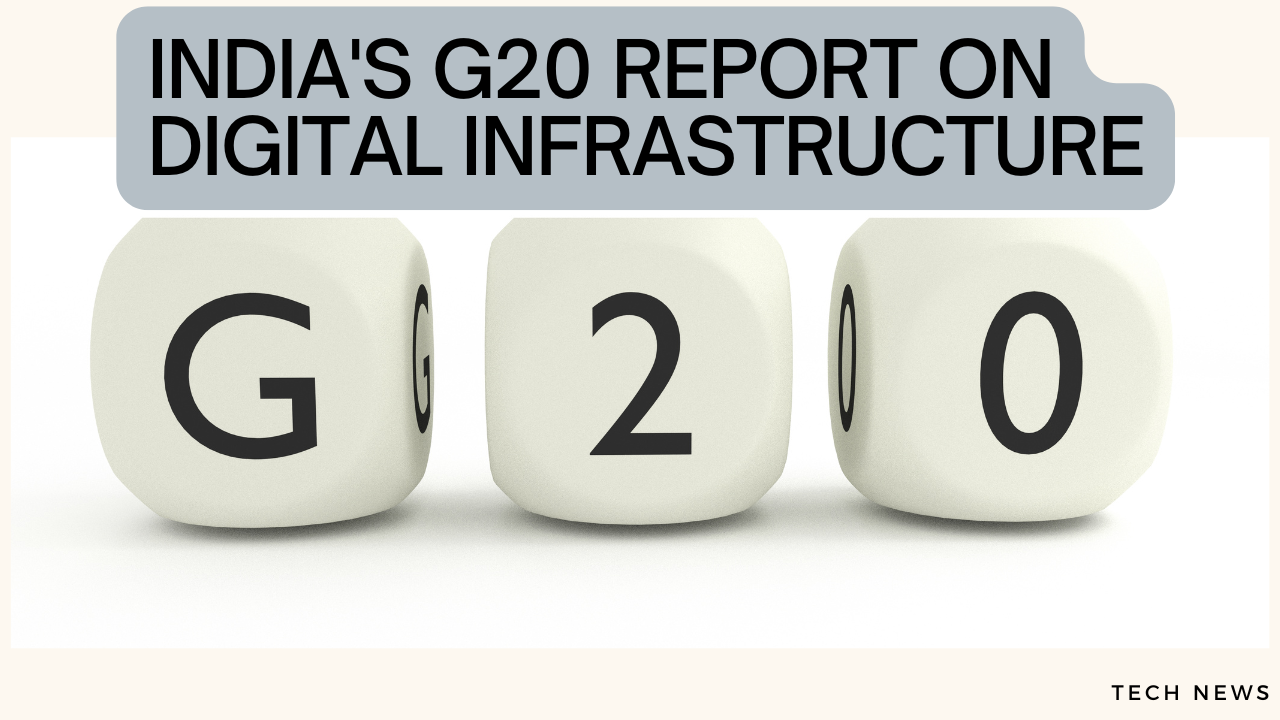Today in New Delhi, the final Report of India’s G20 Task Force on Digital Public Infrastructure was released, marking a significant milestone in India’s G20 Presidency. The Task Force, formally known as India’s G20 Task Force on Digital Public Infrastructure for Economic Transformation, Financial Inclusion, and Development, was co-chaired by Shri Amitabh Kant, G20 Sherpa of India, and Shri Nandan Nilekani, Co-founder and Chairman of Infosys and Founding Chairman of UIDAI (Aadhaar).
The Role and Impact of the Task Force
The Task Force played a pivotal role in defining and implementing the framework for Digital Public Infrastructure (DPI) during India’s G20 Presidency. This framework is set to guide future presidencies, including those of Brazil and South Africa, in advancing global DPI initiatives.
Significance of the Report
The report, released at the conclusion of India’s successful G20 Presidency, aims to strengthen the foundations of DPI worldwide. The complete report is accessible on the Department of Economic Affairs, Ministry of Finance’s website here.
Statements from Task Force Leaders
- Shri Amitabh Kant, G20 Sherpa of India: “India made an incredible leap in Digital Public Infrastructure, achieving in 9 years what could have taken 50 years without DPI. UPI, a cornerstone of this infrastructure, is now used at all levels, from street vendors to large malls, accounting for 46% of global digital transactions. DPI has enabled us to manage the COVID-19 pandemic effectively, including transferring $4.5 billion to 160 million beneficiaries and facilitating 2.5 million vaccinations with digital certificates. This report will serve as a guiding star for the world.”
- Shri Nandan Nilekani, Co-chair of the Task Force: “Governments and businesses globally are realizing that achieving SDGs and inclusive growth requires robust DPI. In India, DPI has dramatically improved citizens’ lives, starting with Aadhaar, which now supports 1.3 billion digital identities and 10 million daily eKYC transactions. UPI facilitates 13 billion transactions monthly, and DPI-enabled direct transfers have saved the government $41 billion. DPI is essential for future development, and this report will be crucial in shaping global DPI strategies.”
India’s Leadership in DPI and Digital Transformation
India’s G20 Presidency provided a platform to shape global policy on economic and developmental issues. Technological innovation, particularly DPI, has been a key enabler in transforming the lives of 1.4 billion people, providing access to vital services in finance, health, education, and governance. India’s achievements in DPI have set a global example, garnering unanimous support from G20 members on DPI-related initiatives.
About the Report of India’s G20 Task Force on DPI
The report is structured into three key sections:
- The DPI Approach: Explores the transformative potential of DPI in addressing global challenges through innovative technology.
- India’s DPI Leadership: Highlights India’s role in advancing DPI, particularly during its 2023 G20 Presidency, through working groups such as the Global Partnership for Financial Inclusion (GPFI) and the Digital Economy Working Group (DEWG).
- Strategic Blueprint for DPI: Provides a forward-looking perspective with policy recommendations for enhancing DPI across sectors and globally, especially in the Global South.
The report emphasizes the need for a globally recognized standard to foster the DPI ecosystem, particularly in developing countries. It will play a crucial role in guiding the future of DPI implementation worldwide.
About the Task Force
Established in January 2023, the Task Force was responsible for advancing India’s G20 agenda on DPI and Financial Inclusion. It explored how G20 members can boost productivity through digital technology and DPI, helping to shape digital economy policies and regulations.
The Task Force comprised leaders and experts dedicated to overseeing the progress of India’s G20 Presidency priorities on Digital Public Infrastructure and Economic Transformation. The detailed composition of the Task Force is included in the report.


